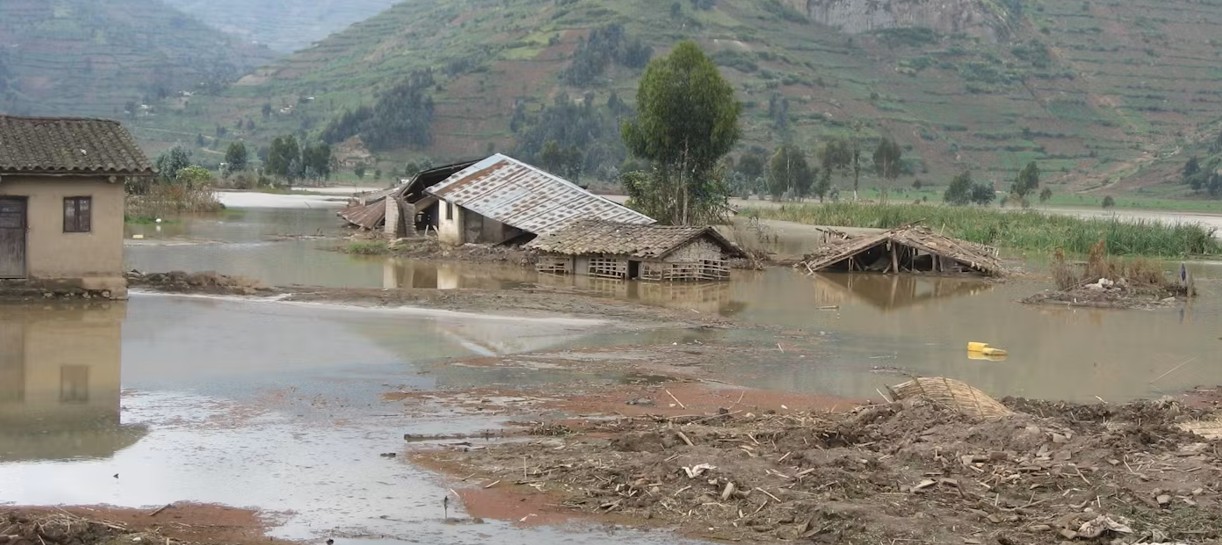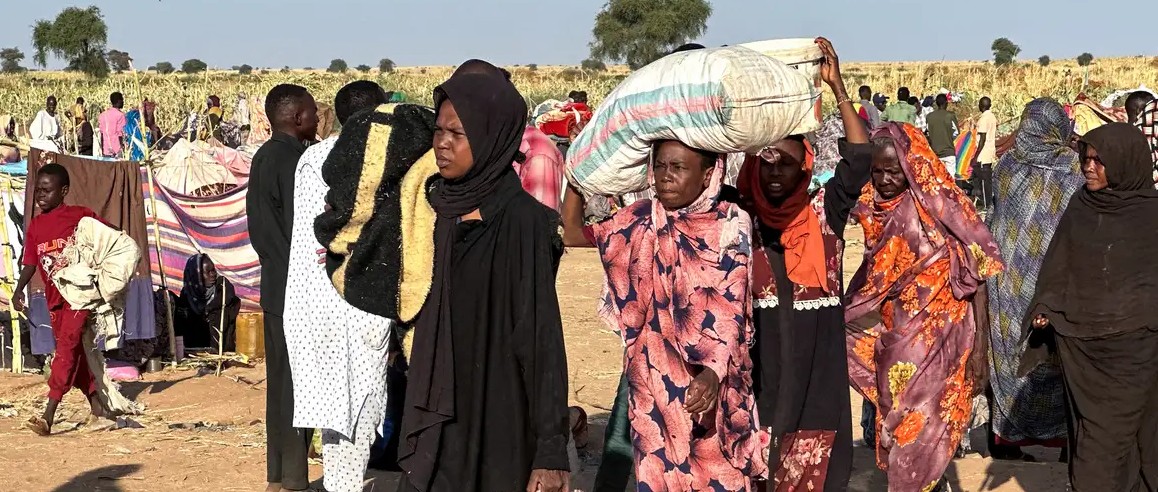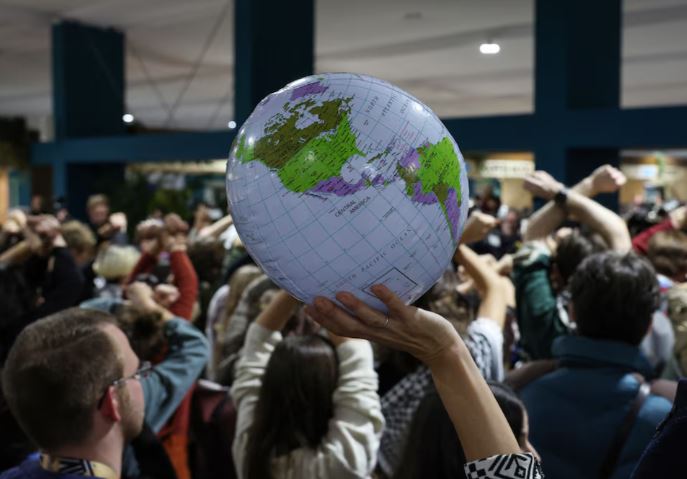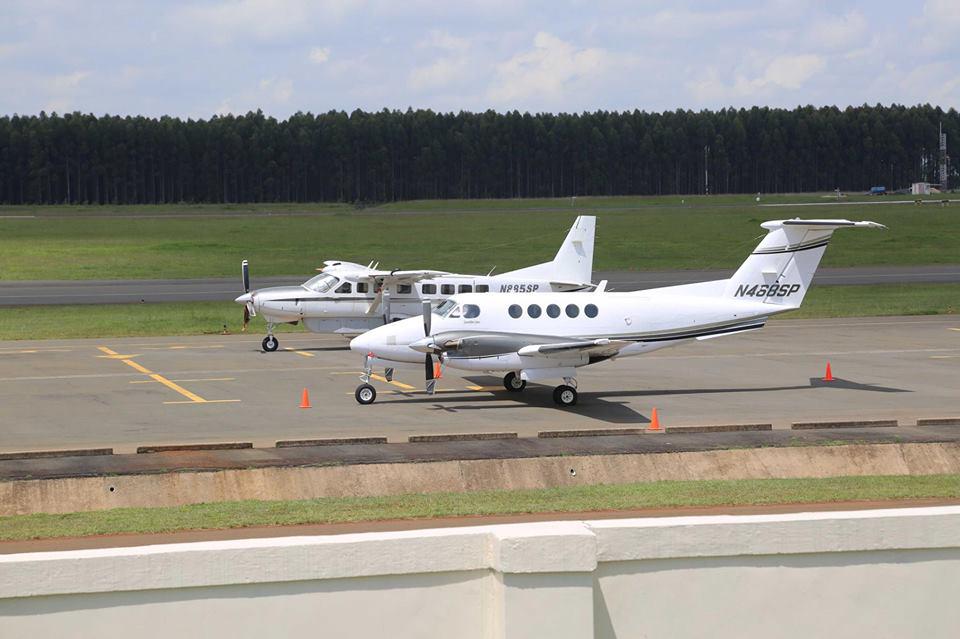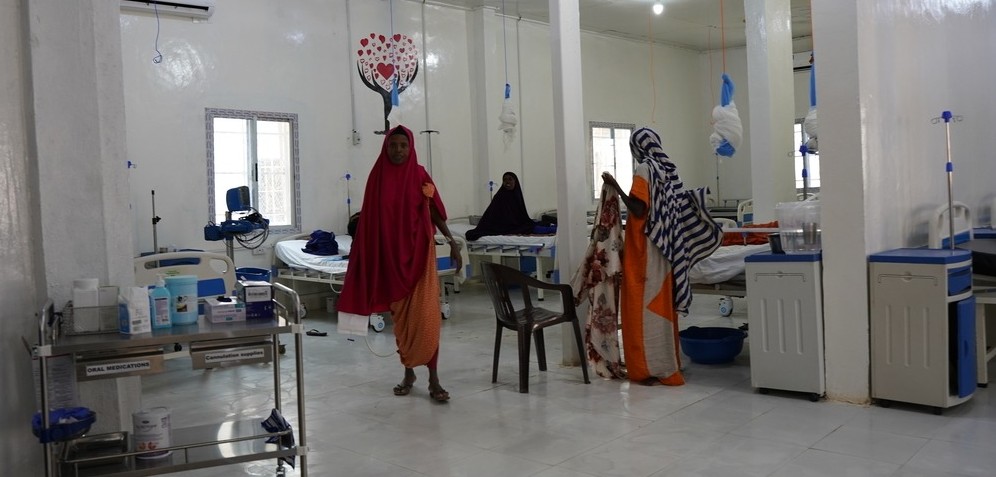Wajir residents protests against refugees accused of poaching, environmental degredation
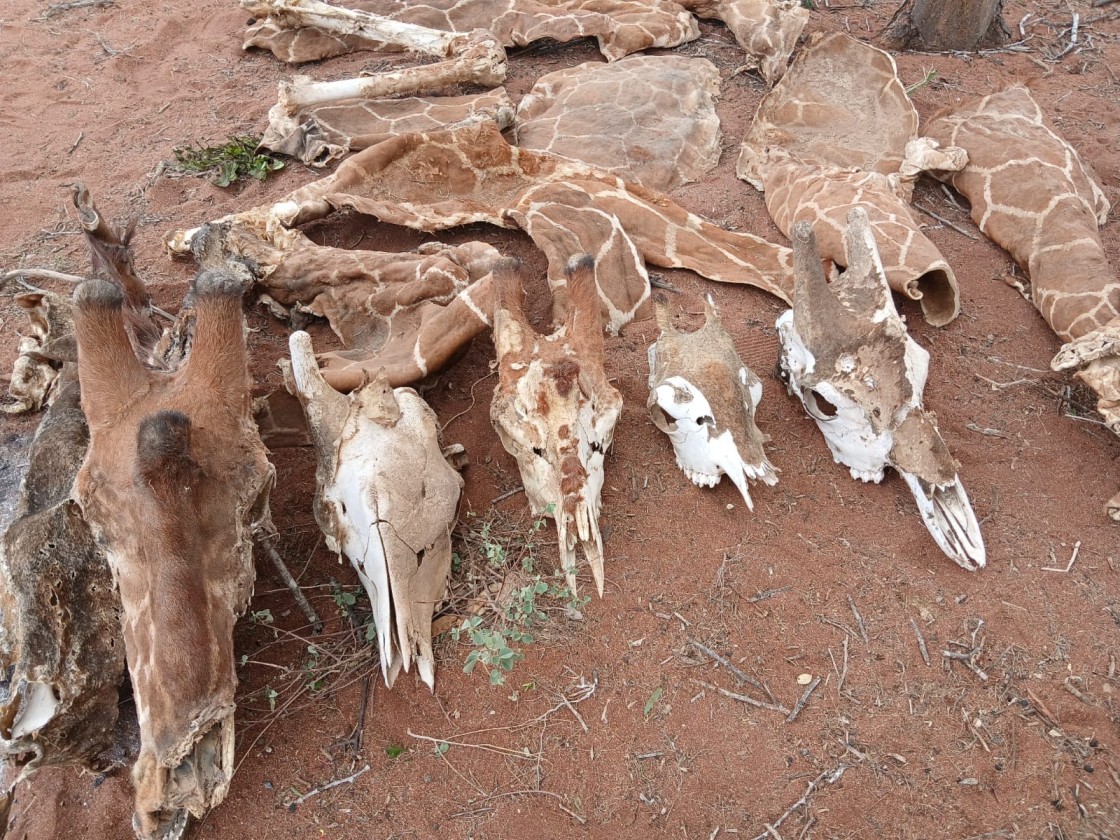
Mohamed Hassan, another community elder, said they have come across carcases of 15 giraffes killed by the refugees who were selling game meat in the camps.
Residents of Bananey Ward in Wajir South have raised alarms over poaching and widespread environmental degradation allegedly caused by refugees from nearby camps in Dagahley, Ifo, and Hagardere, which span Garissa and Wajir counties.
Elders and youth from the community intercepted 14 donkey-pulled carts carrying 200 sacks of charcoal, destined for the camps.
More To Read
- Africa’s land holds the future of climate adaptation: Why COP30 can’t overlook it
- Brazil: Guterres calls for ‘fair, fast and final’ shift to clean energy
- Droughts wipe out up to 900,000 jobs annually in Africa - report
- COP30: Children, young people at climate talks: seen, photographed, but not allowed to decide anything
- Wildlife compensation claims hit Sh3.5 billion as thousands of Kenyans wait years for payments
- Red Cross launches Sh2.4 billion emergency appeal to combat escalating climate crisis
They are now calling on the UNHCR, the Ministry of Environment, Climate Change, and Forestry, and the Kenya Wildlife Service to step in and address the illegal trade of game meat, firewood, construction materials, and charcoal burning involving the refugees.
Ahmed Khalid Sheikh told the residents of Bananey Ward that neighbours of the camp were facing enormous challenges from the refugees that were now forcing the community to mobilise itself and take action against the refugees.
“Where are the relevant government ministries and non-governmental organisations tasked with implementing refugee affairs? This trend has been taking place for decades without intervention; how long can we wait?" He asked.
![Ahmed Khalid Sheikh of Bananey Ward, Wajir South, speaks after the community intercepted charcoal and firewood being transported to refugee camps on Saturday. (Photo: [Photographer's Name])](https://publish.eastleighvoice.co.ke/mugera_lock/uploads/2024/09/carcas-e.jpg) Ahmed Khalid Sheikh of Bananey Ward, Wajir South, speaks after the community intercepted charcoal and firewood being transported to refugee camps on Saturday. (Photo: Issa Hussein)
Ahmed Khalid Sheikh of Bananey Ward, Wajir South, speaks after the community intercepted charcoal and firewood being transported to refugee camps on Saturday. (Photo: Issa Hussein)Ahmed Khalid Sheikh of Bananey Ward, Wajir South, speaks after the community intercepted charcoal and firewood being transported to refugee camps on Saturday. (Photo: [Photographer's Name])
Mohamed Hassan, another community elder, said they have come across carcases of 15 giraffes killed by the refugees who were selling game meat in the camps.
“We are requesting the deployment of community and forest rangers from the North Eastern Conservancies Association and the Forestry Department; we are overwhelmed; we need urgent intervention," he decried.
The community members want the restoration of the degraded land. Sharmarke Mohamed, the chairman of the North Eastern Conservancies Association, also protested over the prolonged menace by the refugees.
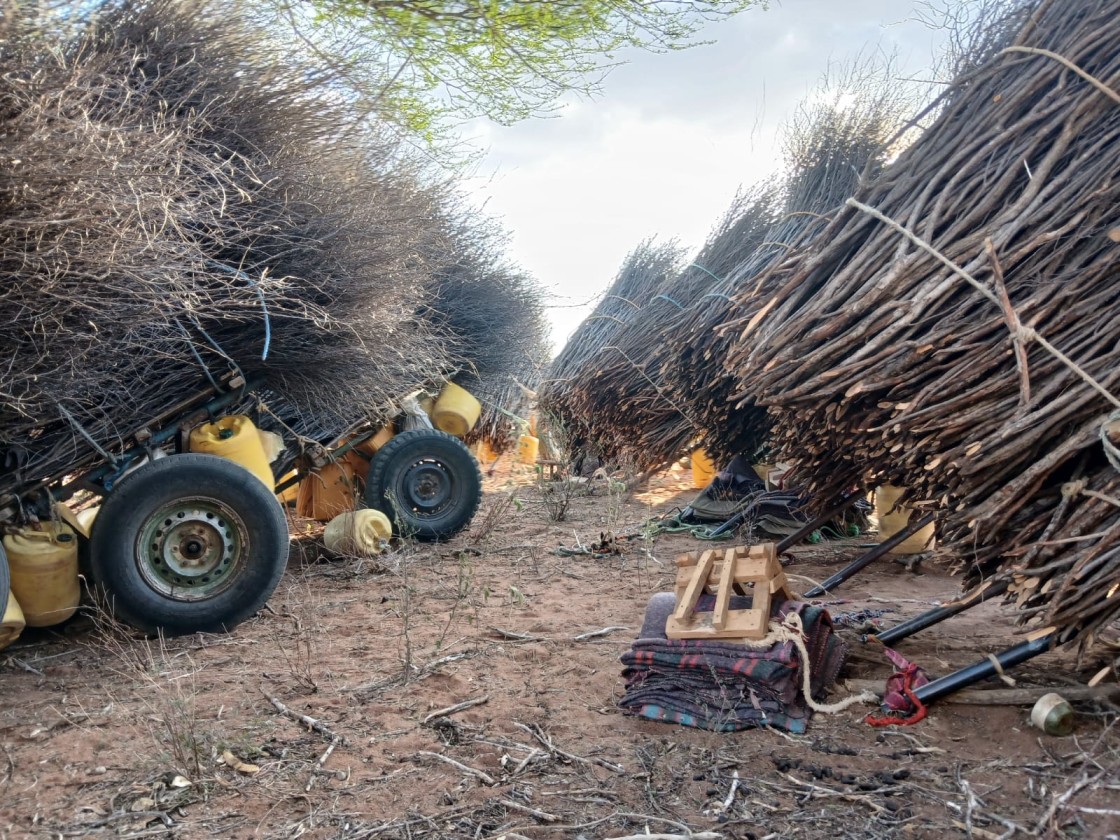 Donkey-pulled carts transporting charcoal, firewood, and construction materials intercepted by the Bananey Ward community on Saturday, September 28, 2024. (Photo: Issa Hussein)
Donkey-pulled carts transporting charcoal, firewood, and construction materials intercepted by the Bananey Ward community on Saturday, September 28, 2024. (Photo: Issa Hussein)Donkey-pulled carts transporting charcoal, firewood, and construction materials intercepted by the Bananey Ward community on Saturday, September 28, 2024. (Photo: Issa Hussein)
“We are facing a triple tragedy of poaching, environmental degradation, and irreversible destruction of the fragile ecosystem," he stated.
He appealed to all the relevant government ministries and UNHCR to immediately find a long-lasting solution to save the environment.
Mohamed Adow, the Wajir South Member of Parliament, also reacted to the existing crisis, saying he sensitised the local communities to protect their environment against the wanton destruction that he said was turning Wajir South into a barren desert.
"We are saying enough is enough; our environment is depleted; our habitat that had all kinds of wildlife is no more; the dig-dig, gazelles, and giraffes are all wiped out by the refugees who are selling game meat in the camps," he said.
He said a big population of refugees from the three camps in Wajir and Garissa counties were seeking building materials, charcoal, and firewood, turning swaths of land into a desert without the UNHCR coming up with a restoration programme for the degraded land.
 Sharmarke Mohamed, Chairman of the North Eastern Conservancies Association. (Photo Issa Hussein)
Sharmarke Mohamed, Chairman of the North Eastern Conservancies Association. (Photo Issa Hussein)Sharmarke Mohamed, Chairman of the North Eastern Conservancies Association. (Photo Issa Hussein)
The protest from the communities in Wajir South came just three days after the community wildlife conservation groups in Garissa called upon the government to address the massive environmental degradation within the refugee camps and at abandoned gypsum mining sites in the region.
Speaking during World Tourism Day, Abdul Ibrahim, the chairman of the Garissa County Ecotourism Conservancies Association, said wildlife conservation was under threat due to extensive habitat destruction by the refugees.
Top Stories Today

